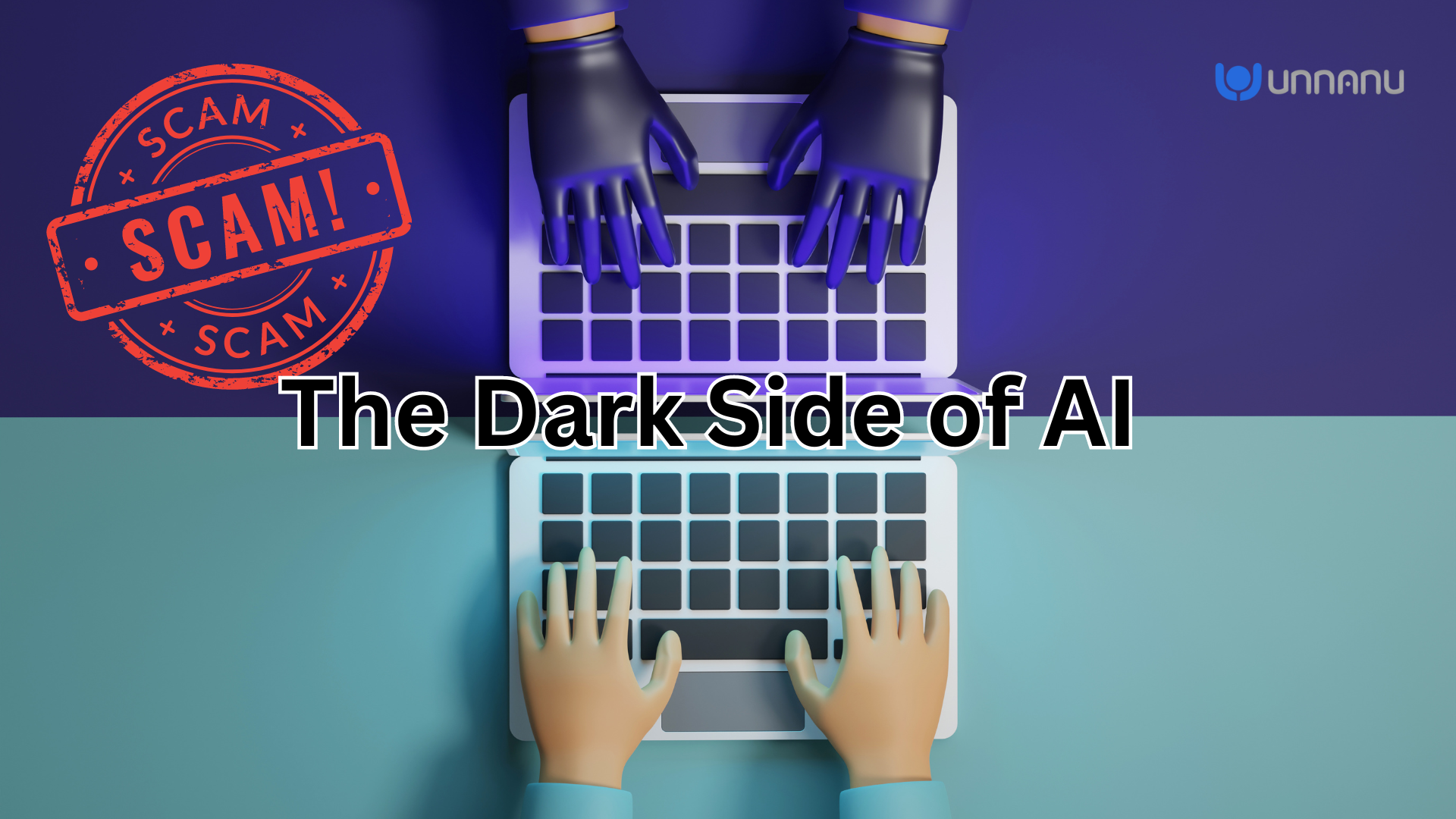The Rise Of Deepfakes And Their Impact On Businesses
In recent years, the rapid advancement of artificial intelligence (AI) technology has given rise to a disturbing phenomenon known as deepfakes. Deepfakes are highly realistic manipulated videos or audios that convincingly portray individuals saying or doing things they never actually did. While initially popularized for their entertainment value, these deceptive creations now pose a significant threat to businesses worldwide. The impact of deepfakes on businesses cannot be overstated.
Additionally, legal battles arising from forged contracts or misleading advertisements further drain resources and tarnish brand reputation.
The Darkside of AI: How Deepfakes Are Costing Companies Millions
As technology advances, so do the threats it brings. Deepfakes, a sophisticated form of synthetic media that uses artificial intelligence to manipulate or fabricate audio and video content, have emerged as a significant menace to businesses worldwide. The consequences of deepfakes are far-reaching and have cost companies millions in financial losses and reputational damage. With the ability to create highly convincing fake videos or audios of individuals, cybercriminals can exploit deepfakes for various fraudulent purposes.
For instance, scammers can impersonate company executives or high-ranking officials to deceive employees into transferring funds or sharing sensitive information. Additionally, deepfakes can be deployed for disinformation campaigns, compromising the integrity of an organization’s brand and causing irreparable harm to its reputation. Companies are forced to invest substantial resources in cybersecurity measures such as advanced detection systems and employee training programs to combat these threats effectively.
A Company in Hong King lost 25 Million to this Deepfake scam.
Taylor Swift, Mr. Beast, and more are at the forefront of this legal battle/ president that is about to unfold
Taylor Swift, Mr. Beast, and some of the most influential personalities in the digital and music industry are headlining a major legal fight, it is likely to involve digital content and copyright laws. For instance, Swift has been vocal about the rights of music artists over their own music; Mr. Beast, a prominent figure in the YouTube space, has his own concerns about content creation, monetization, and protection; whereas, a hypothetical president would be instrumental in providing legislation or signing laws to protect these rights.
The rise of deepfake technology has led to an alarming increase in the number of scandals involving fake videos or audios that can convincingly mimic real people. With their ability to manipulate content, deepfakes pose a significant threat to brands and their reputations.
This battle would question current intellectual property laws, and their effectiveness in protecting creators and artists in the rapidly evolving digital age. With the use of streaming platforms and digital services at an all-time high, there’s an increasing need for legislation to keep pace.
Deepfake Scandals And The Implications For Brands
The implications of these scandals are far-reaching, as they can cause irreparable harm to a brand’s image and trustworthiness.
When a deepfake scandal emerges, consumers may question the authenticity of any content associated with the brand, leading to a loss of trust. This erosion of trust can have severe consequences for companies, including decreased customer loyalty, reduced sales, and ultimately, financial losses amounting to millions. Furthermore, these scandals can also have legal implications for brands. If a deepfake is used maliciously to defame someone or spread false information about a company or its products, it may result in lawsuits that further damage the brand’s reputation.
To mitigate the risks posed by deepfakes, companies must invest in advanced technologies capable of detecting and preventing their dissemination.
Countering The Threat: Strategies To Mitigate Deepfake Risks In Business Operations
As deepfake technology continues to advance, businesses face an increasing risk of falling victim to malicious activities that can lead to significant financial losses. To safeguard their operations and protect their reputation, companies must proactively adopt strategies aimed at mitigating the risks associated with deepfakes. First and foremost, organizations need to invest in advanced detection systems capable of identifying deepfake content across various mediums.
Implementing robust AI algorithms and machine learning models can help identify manipulated images, videos, and audio recordings with a high degree of accuracy. Additionally, conducting regular training sessions for employees on how to spot potential deepfakes can enhance overall awareness within the workforce. Another critical strategy is establishing strict authentication protocols. Employing multi-factor authentication techniques can significantly reduce the chances of unauthorized access or manipulation of sensitive information by imposters employing deepfakes.




